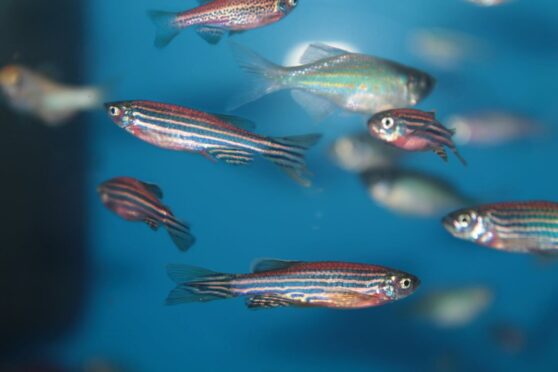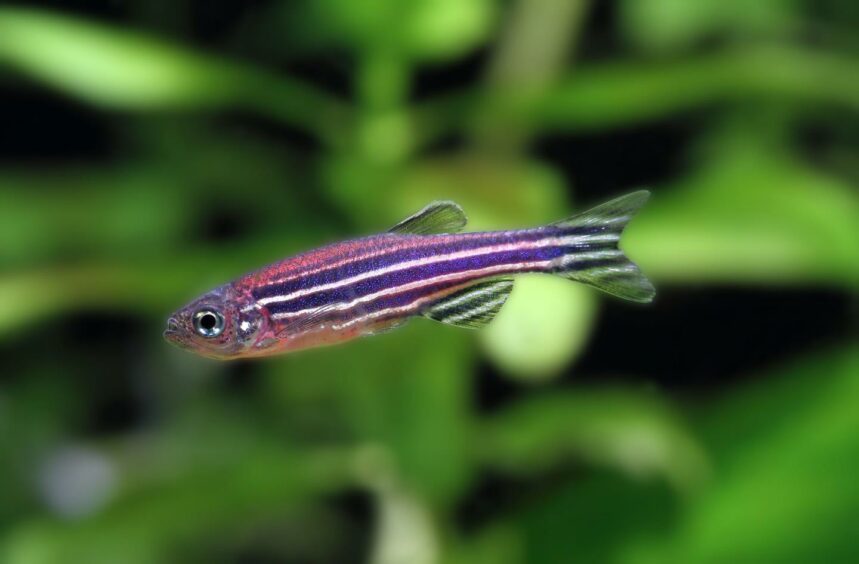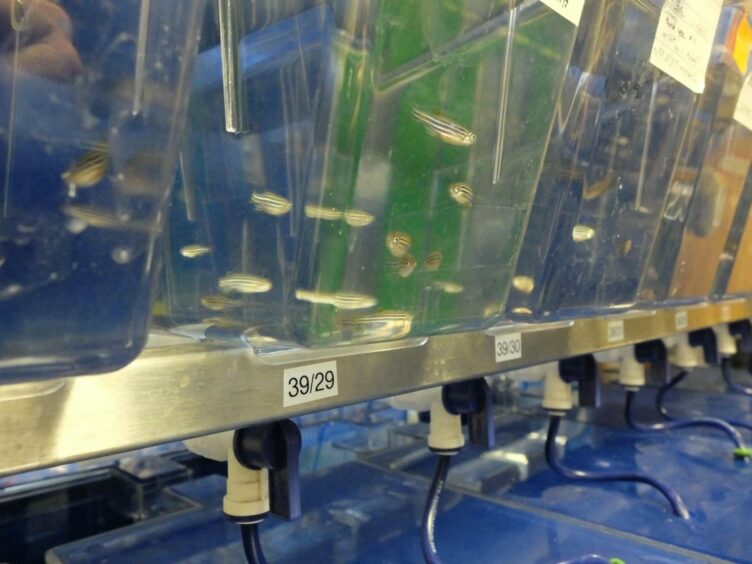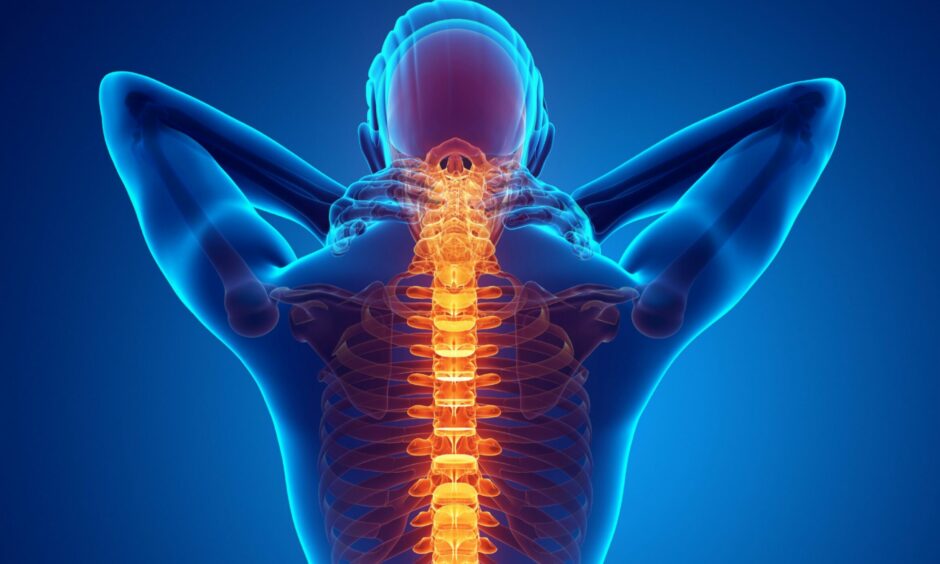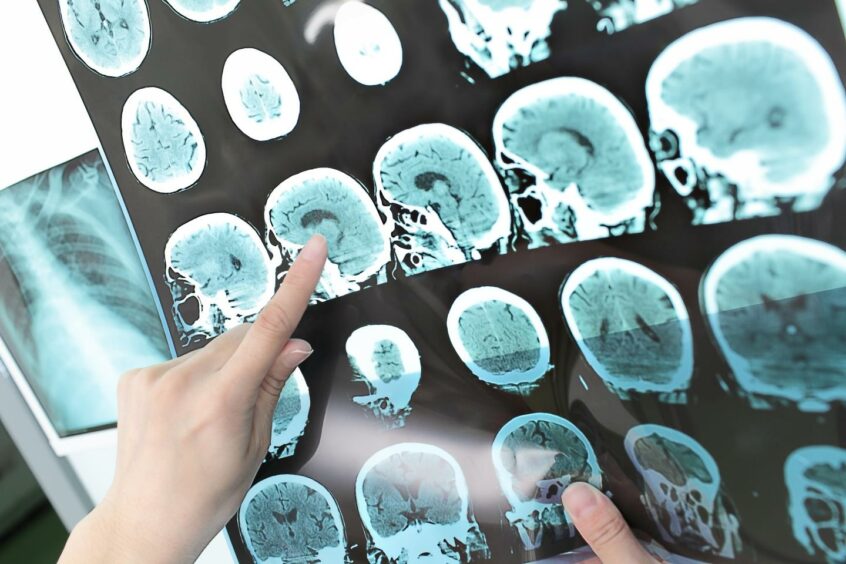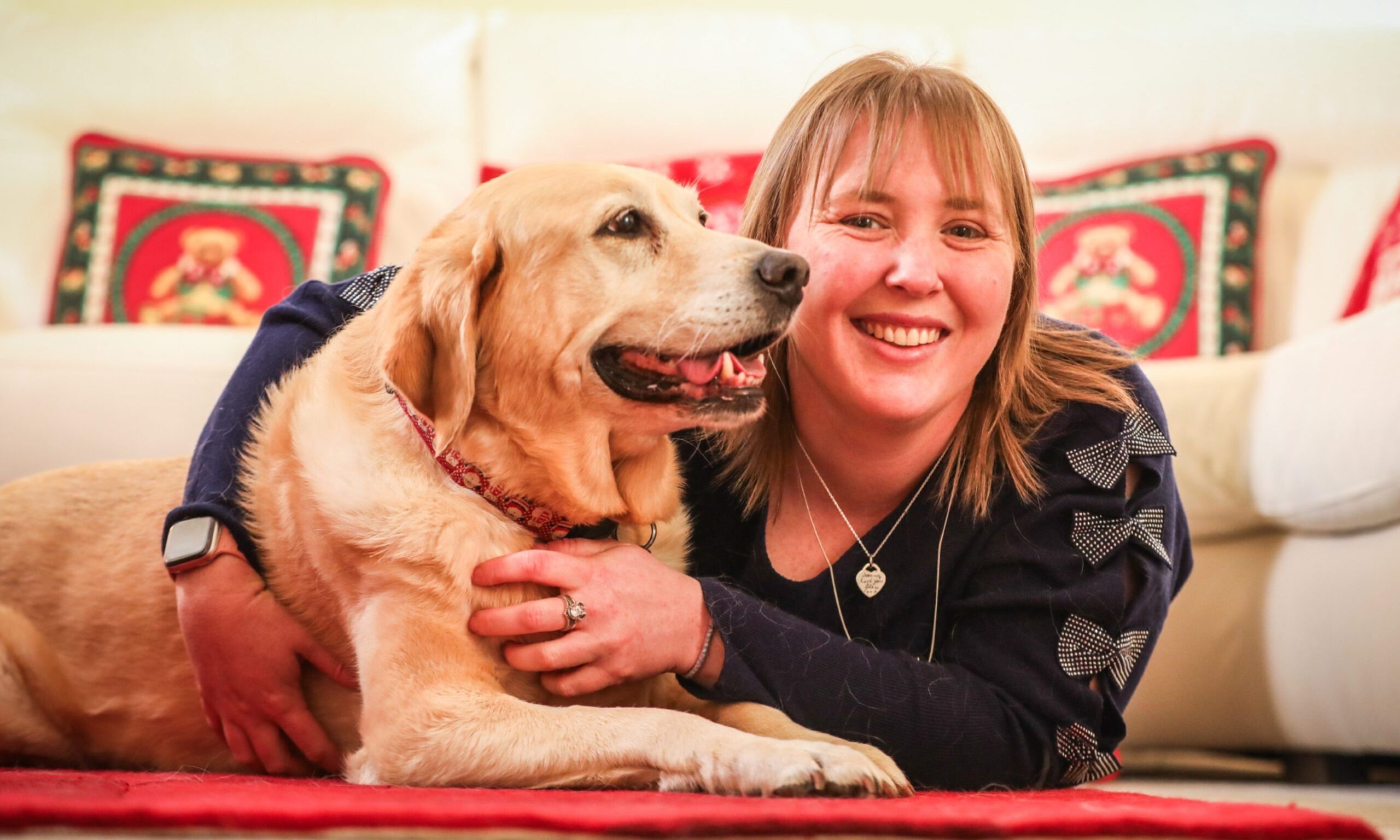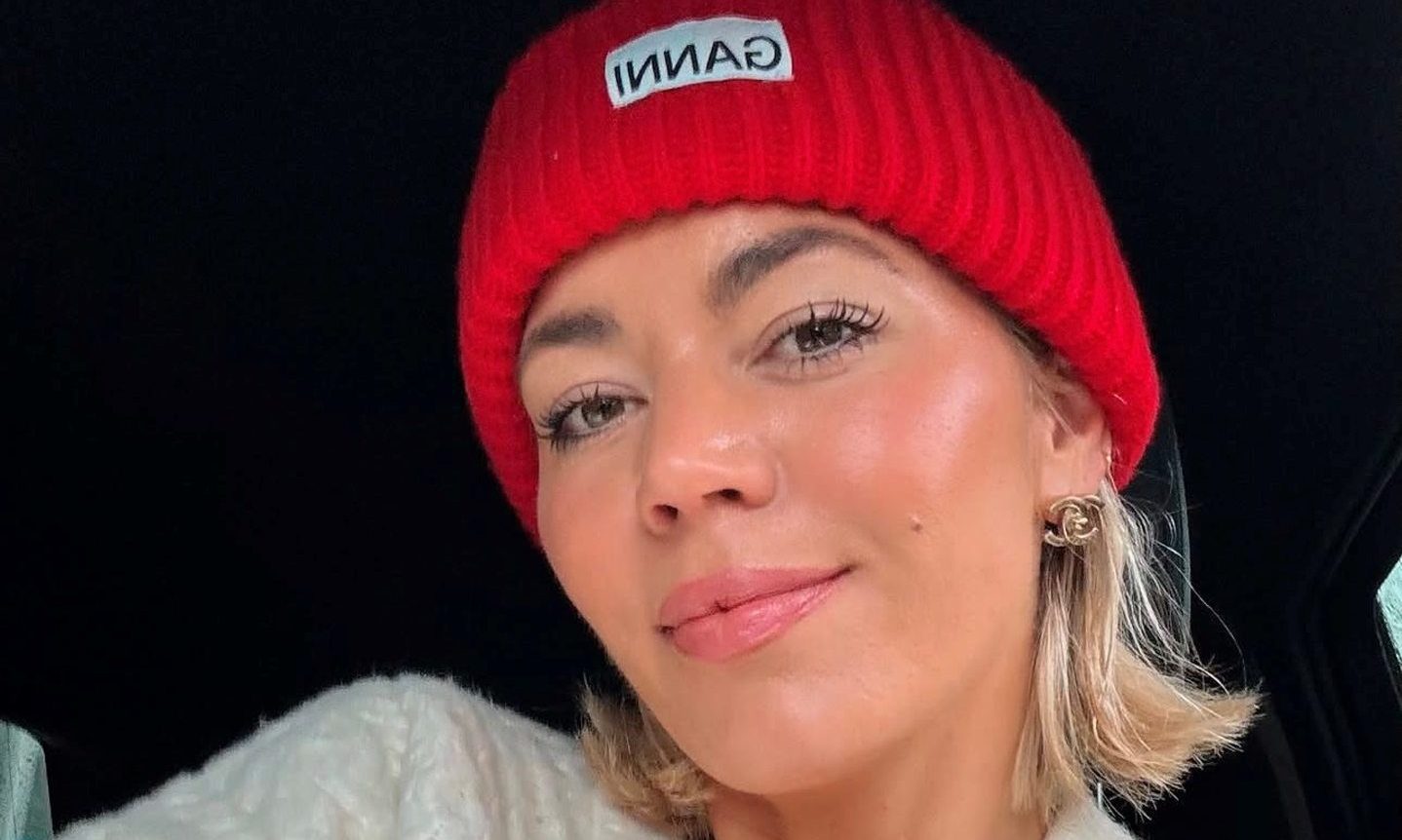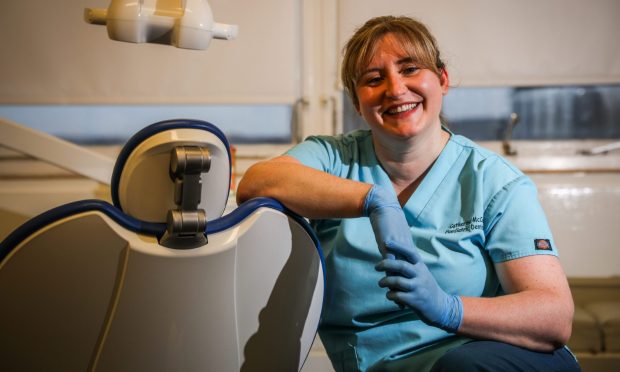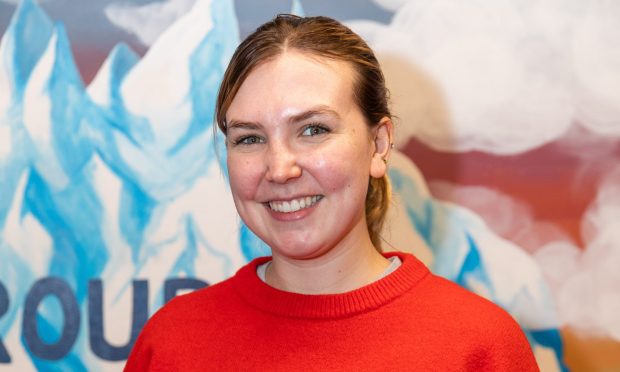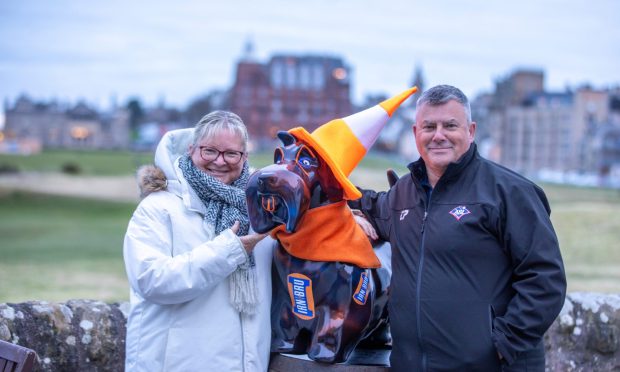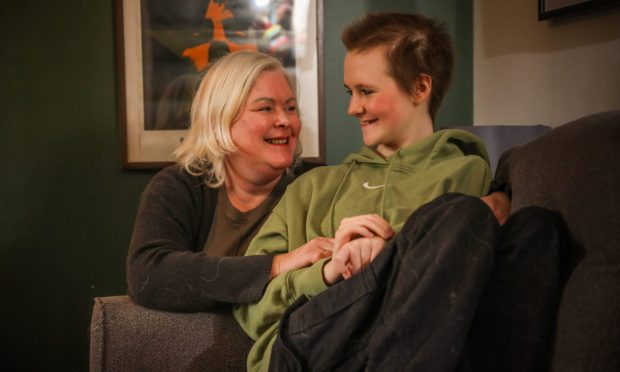For the 150,000 people living with Multiple Sclerosis (MS) in Scotland, any breakthrough in research or science gives hope.
But how are tiny fish helping in the fight against the debilitating condition?
MS Society Scotland says a new study is shedding light on the potential to stop the progression of disability caused by MS.
It sounds far fetched, but it involves zebrafish.
How can fish help? And what important implications does this have for people with MS?
The study was carried out be researchers from the MS Society Edinburgh Centre for MS Research.
How are fish involved?
The team looked at transparent zebrafish for clues to help them understand more about certain cells in the body.
These minnow-sized fish are often used in research.
Interestingly, it’s because of their genetic similarity to humans.
You might be used to seeing them swimming in tanks at your local pet shop – but it turns out they are actually a lot more like us than you might think.
Fish facts
Did you know:
- Zebrafish share 70% of genes with us.
- They can help researchers studying human genes.
- 84% of human genes known to be involved in human disease have a zebrafish counterpart.
In this latest study, state-of-the-art technology was used to take high resolution images of the fish to examine the behaviour of cells, called oligodendrocytes.
What are oligodendrocytes?
Oligodendrocytes are cells in the body which are only found in the central nervous system – the brain and the spine.
They are important because they produce something called myelin.
Myelin coats nerve fibres protecting them from damage – a bit like the insulation on an electrical wire – and helps messages travel quickly along nerves without being disrupted or lost.
But when someone has MS, their own immune system attacks the myelin, so messages find it harder to get through – or can’t get through at all.
That’s what causes the symptoms of MS.
Previous studies have suggested the oligodendrocyte cells can survive an attack and might go onto produce new myelin.
But scientists needed to know how the old and new cells compared.
That’s where looking at the fish helped.
Scientists saw patterns in both zebrafish and in brain tissue donated to the MS Society Tissue Bank by people with MS after their death.
What did they find?
The study showed:
- The surviving cells produce less myelin than new ones.
- They send the myelin to the wrong part of the nerve.
- These ineffective cells could hinder myelin repair.
- The survival of the ineffective cells could come at the expense of new more efficient ones.
What’s next?
The discoveries unlocks new potential avenues for MS research.
Scientists could now look at whether surviving oligodendrocytes could respond to treatment to help boost their performance. And explore whether targeting surviving cells for destruction could complement therapeutic strategies.
It’s thought this would promote myelin repair through the generation of new oligodendrocytes.
- We’d love to hear about your health journey – whether that’s wellbeing advice, giving insight into the challenges of living with a long-term condition or an achievement you want to celebrate. Contact us healthandwellbeing@thecourier.co.uk
